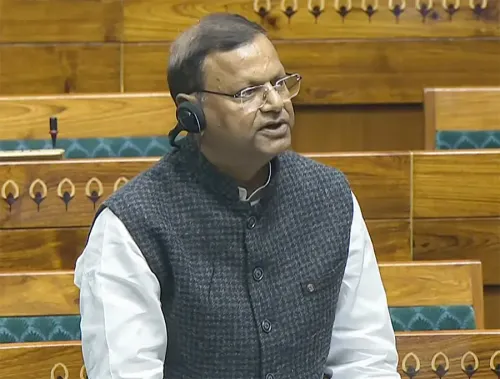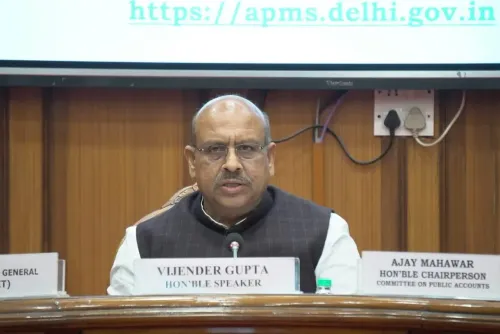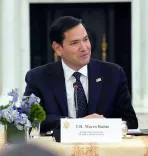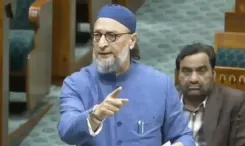Surge in Telegram Downloads in South Korea Amid Fears of Government Censorship

Seoul, Dec 10 (NationPress) New downloads of the global messaging application Telegram have experienced a significant increase in South Korea, as reported on Tuesday, driven by rising concerns regarding possible media censorship in the wake of the martial law incident.
According to data from industry tracker IGAWorks, the number of new Telegram installations reached 40,576 on the previous Tuesday, coinciding with President Yoon Suk Yeol's announcement of martial law, which was later overturned by the National Assembly within hours.
This figure represents more than a fourfold increase compared to 9,016 new installs recorded the day before, as reported by Yonhap news agency.
Furthermore, data indicated that Telegram was the most downloaded mobile messaging application in the nation from Tuesday to Friday of last week.
In the previous month, Telegram held the fourth position in the ranking of newly downloaded mobile messengers, while Line, developed by South Korean internet portal Naver Corp., occupied the leading position.
Numerous internet users have voiced their concerns regarding the potential shutdown of local messaging platforms like KakaoTalk, or the censorship of such services under martial law, leading many to opt for Telegram as an alternative.
In a related development, prosecutors have interrogated former Defence Minister Kim Yong-hyun as part of an inquiry into alleged treason following President Yoon Suk Yeol's brief martial law enactment last week.
Kim played a crucial role in Yoon's sudden declaration of martial law late on Tuesday, which lasted for only six hours before being rescinded due to a National Assembly vote against it.
Some individuals have suggested that Kim was the advisor who recommended Yoon to declare martial law.
After resigning shortly after the lifting of martial law, Kim voluntarily arrived at the Seoul Central Prosecutors' Office early Sunday and was subsequently taken into custody at a detention facility in eastern Seoul under emergency arrest provisions.
During an emergency arrest, the prosecution has a 48-hour timeframe to detain and interrogate the suspect.










